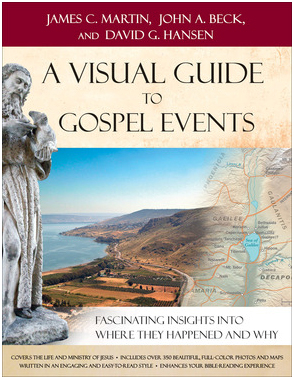For Bible Study Nerds
By Mike Nappa
By Mike Nappa
By Mike Nappa
By Mike Nappa
By Mike Nappa
By Mike Nappa
By Mike Nappa
By Mike Nappa
By Mike Nappa
By Mike Nappa
search this blog
More from Beliefnet and our partners
